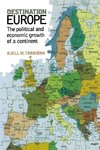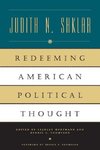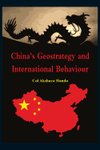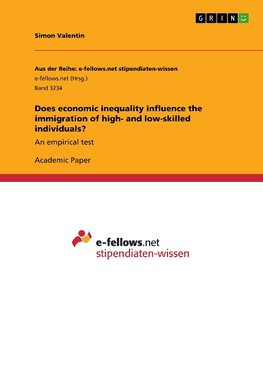
-
 Anglický jazyk
Anglický jazyk
Does economic inequality influence the immigration of high- and low-skilled individuals?
Autor: Simon Valentin
Academic Paper from the year 2019 in the subject Sociology - Economy and Industry, grade: 1,0, Hertie School of Governance, language: English, abstract: With having in mind the effect of high- and low-skilled migration for economic prosperity, this study... Viac o knihe
Na objednávku, dodanie 2-4 týždne
16.65 €
bežná cena: 18.50 €
O knihe
Academic Paper from the year 2019 in the subject Sociology - Economy and Industry, grade: 1,0, Hertie School of Governance, language: English, abstract: With having in mind the effect of high- and low-skilled migration for economic prosperity, this study empirically tests with immigration data from 20 countries from the Organisation for Economic Co-operation and Development (OECD) from 1985 to 2010 the effect of inequality in a receiving country on high- and low-skilled migration to this country, so that the research question that this study seeks to answer is: Does economic inequality influence the immigration of high- and low-skilled individuals?
In the broad context of the study of economic inequality within societies, one of the most prominent topics is the relationship between inequality and economic prosperity of a country, which is studied by many authors such as Kenworthy (2003) or Wren (2013). With this study, I want to contribute to this research by focusing on one possible mechanism within the inequality-economic prosperity relationship, namely migration. Attracting and retaining highly qualified people is crucial to the development of a knowledge-based economy in which ideas and innovation drive technological and social progress. Moreover, the perception and acceptance of immigration within a society are largely shaped by the skill level of immigrants.
Understanding how high-skilled people and in contrast, how low-skilled people choose their country of destination when migrating is, therefore, crucial - for sending and receiving countries alike. Migration and especially cross-border migration is a highly complex topic and the individual decision to migrate is influenced by a multitude of drivers. However, when looking at the differences between high- and low-skilled migrations, economic drivers are especially important, because more than for other drivers such as political or social drivers they affect high- and low-skilled people differently.
Assuming that migration is at least partly determined by the desire to realize economic opportunities abroad and assuming that high-skilled migrants should benefit from the opportunities in less equal destination countries, while low-skilled migrants should benefit from a compressed wage distribution in more equal destination countries, a stream of literature, building on Borjas (1987), studies the relationship between inequality in sending and receiving countries and the consequences for high- and low-skilled migration.
- Vydavateľstvo: GRIN Verlag
- Rok vydania: 2019
- Formát: Paperback
- Rozmer: 210 x 148 mm
- Jazyk: Anglický jazyk
- ISBN: 9783346022585


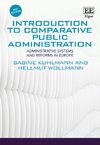


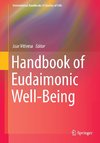

 Nemecký jazyk
Nemecký jazyk 
 Ruský jazyk
Ruský jazyk 